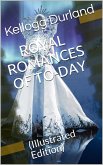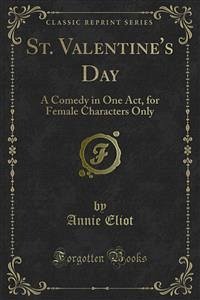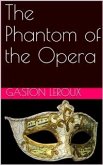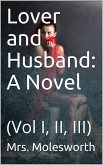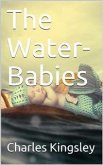Night and Day is a novel by Virginia Woolf first published on 20 October 1919. Set in Edwardian London, Night and Day contrasts the daily lives and romantic attachments of two acquaintances, Katharine Hilbery and Mary Datchet. The novel examines the relationships between love, marriage, happiness, and success. Dialogue and descriptions of thought and actions are used in equal amount, unlike in Woolf's later book, To the Lighthouse. There are four major characters, Katharine Hilbery, Mary Datchet, Ralph Denham, and William Rodney. Night and Day deals with issues concerning women's suffrage, if love and marriage can coexist, and if marriage is necessary for happiness. Motifs throughout the book includes the stars and sky, the River Thames, and walks. Also, Woolf makes many references to the works of William Shakespeare, especially As You Like It. Katharine Hilbery is the granddaughter of a distinguished poet and belongs to a privileged class. Though her family is literary, Katharine secretly prefers mathematics and astronomy. Early in the novel, Katharine becomes engaged to William Rodney. After a time they end their engagement so that Rodney can explore a relationship with Katharine's cousin, Cassandra Otway. Eventually, Katharine agrees to marry Ralph Denham. Ralph Denham, a lawyer who occasionally writes articles for a journal edited by Trevor Hilbery, Katharine's father. Unlike a few other characters in the novel, he has to work to make a living and take care of his family: his mother, a widow, and several siblings. He makes his first appearance in the novel at the Hilberys' tea party. He leaves the party saying "She'll do...Yes, Katharine Hilbery'll do...I'll take Katharine Hilbery" (p 24), and from this point Ralph is in constant pursuit of Katharine. He repeatedly follows Katharine through the streets of London and often passes her house, hoping to see her inside. Mary Datchet, the daughter of a country vicar, works in the office of an organisation that campaigns for the enactment of women's suffrage. Though she could live comfortably without working, Mary chooses to work. Mary can be considered an example of the ideal Virginia Woolf detailed in A Room of One's Own, Professions for Women (one essay in The Death of the Moth and Other Essays, Harcourt, 1942, pp. 236–8), and other feminist essays. William is a frustrated poet and dramatist, who often subjects others to his mediocre works. He is Katharine's first romantic interest, but he is largely attracted by her grandfather's status as one of the greatest English poets. William often tries to impress Katharine without realising his limitations. After Katharine determines not to marry him, William becomes interested in Katharine's cousin, Cassandra Otway. While Katharine represents the new generation's ideas about marriage, Cassandra—in William's mind, at least—represents conventional Victorian ideas about marriage in which the wife serves her husband. At the end of the novel, William and Cassandra are engaged.
Bitte wählen Sie Ihr Anliegen aus.
Rechnungen
Retourenschein anfordern
Bestellstatus
Storno



